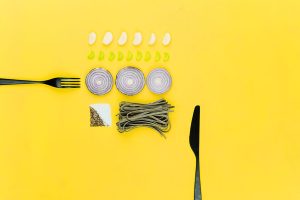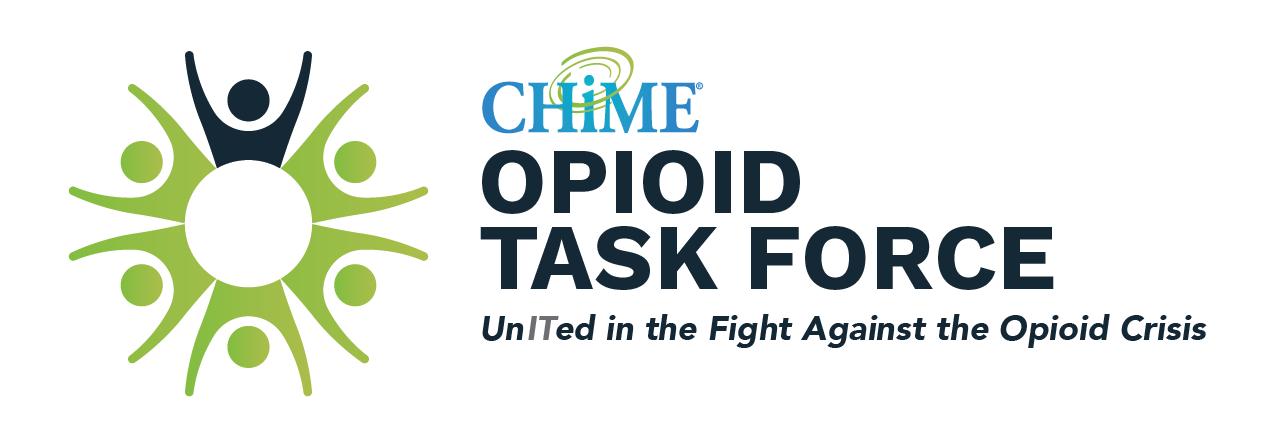
Living a life of sobriety comes with unique challenges, and staying healthy while dealing with these can sometimes feel impossible. However, the benefits of leading a healthy life have the potential to help you cope with your recovery, and there are several ways you can incorporate these practices into your routine. The CHIME Opioid Task Force shares a few tips to get you started.
Start a Fitness Routine
The American Institute of Stress points out that taking care of your body has both physical and mental health benefits. In fact, a fitness routine can help you to release endorphins, improve your sleep, and boost your energy levels – all of which are essential when you’re in recovery. Start by finding a workout you enjoy and make time for it a few times a week.
Find Ways to Reduce Stress
Stress is a common trigger for a relapse, so finding healthy ways to cope with it is essential. Journaling your thoughts or time spent outdoors are examples of activities that can help you to reduce stress levels. You should also try to identify which activities cause you undue stress and could degrade your mental health.
Some who are experiencing undue stress at the workplace, or simply wanting to make changes to their career, take steps to begin their own business. If you have a skill set that you can maximize by becoming your own boss, look into small business loans, start working on a website, and use free tools at your disposal.
Seek Out Positive People
Recovery can be a constant mental battle, so it’s vital to surround yourself with those who will uplift you and avoid those who might encourage you to fall back into old patterns. Spend time with friends and family who support your sobriety and avoid any situations where you might be tempted to use substances.
Redefine Fun
While suffering from addiction, most of your time may have been spent seeking a fix, so it’s important to find new ways to have fun that don’t involve substances. This might mean exploring new hobbies and trying new experiences. Find your passion by joining a club, taking a class, or volunteering for a cause you care about.
Eat Healthily
Eating nutritious foods can help improve your mood, mental health, and energy levels. Foods like bananas, avocados, beans, and carrots are linked to reducing depression, so try to incorporate these into your diet and limit your intake of processed foods and sugary drinks.
Practice Gratitude
Each day, take a few minutes to write down things you’re thankful for. 12 South Recovery notes that points of gratitude could be anything from your sobriety to a great workout or delicious meal. Focusing on the good in your life will keep you cognizant of how much you have without your addiction and will motivate you to stay sober.
Meditate
Meditation can help you cope with stress, anxiety, and negative thoughts. It can also improve your focus and concentration. There are variety of different meditation practices out there, so try a few until you find one that helps you to calm your urges.
Improve Your Sleep
A lack of sleep can lead to fatigue, irritability, and difficulty concentrating. Aim for 7-8 hours of sleep each night and create a bedtime routine that includes winding down for 30 minutes before sleep.
Establish a Healthy Morning Routine
A healthy morning routine will set the tone for the rest of your day. Start by waking up at the same time each day and make time for activities like reading an inspirational book. Avoid logging into social media as soon as you awaken and seek positive news to start your day rather than watching a regular morning news show.
Spend More Time Outdoors
Being in nature can help you relax and de-stress. Spend time outside each day by trying activities like hiking, camping, or simply relaxing in your backyard.
Sobriety is an everyday battle, but by moving on to healthy habits, you’ll soon redefine your purpose and discover a new identity. Consistency is key, so be sure to start your morning off right and incorporate the activities that most appeal to you for the best results.
Written by Charley Sunday
Image by Pexels
